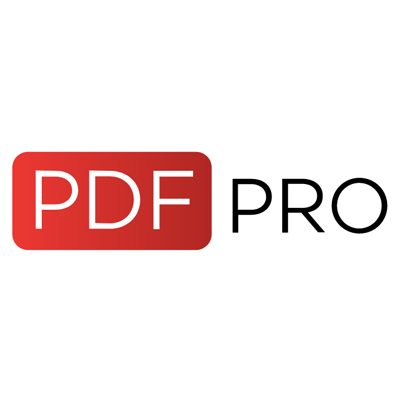Converting PDF files to XHTML format can be a useful way to make your documents more compatible with web browsers and mobile devices. XHTML is a stricter and cleaner version of HTML, and it provides better compatibility across different platforms and devices. By converting your PDF files to XHTML, you can preserve the structure, formatting, and hyperlinks of the original document while making it more accessible and responsive. This can be particularly beneficial if you want to share your documents online, publish them on a website, or make them available for mobile users. Additionally, converting PDF to XHTML allows for easier editing, as XHTML files can be directly modified with HTML editors or converted to other formats like EPUB. Whether you are a student, professional, or business owner, having a reliable PDF to XHTML converter can save you time and effort, and help you make your documents more accessible to a wider audience.
























PDF files are widely used in the digital world. The acronym PDF stands for Portable Document Format, and it is a file format that was developed by Adobe Systems in the early 1990s. PDF files are designed to be easily shared, viewed, and printed across different operating systems and devices without any loss of formatting or data. One of the key advantages of PDF files is that they retain the same appearance regardless of the software or hardware used to open them. This makes PDF files ideal for documents that need to be shared or published online, such as business reports, ebooks, user manuals, and forms. Additionally, PDF files can be password protected, encrypted, and digitally signed for added security. Overall, PDF files are a versatile and reliable file format used for a wide range of purposes in both personal and professional settings.
XHTML files are a type of markup language used to describe the structure and content of a web page. The term "XHTML" stands for "Extensible Hypertext Markup Language". It is a stricter and more standardized version of HTML, the language used for creating websites. XHTML files are written using a combination of HTML and XML syntax, which makes them easier to read and understand for both humans and machines. These files are typically used by web developers to ensure that their web pages are well-structured and adhere to web standards. They are also preferred by search engines, as XHTML files provide a clear and consistent structure for indexing and displaying web pages.